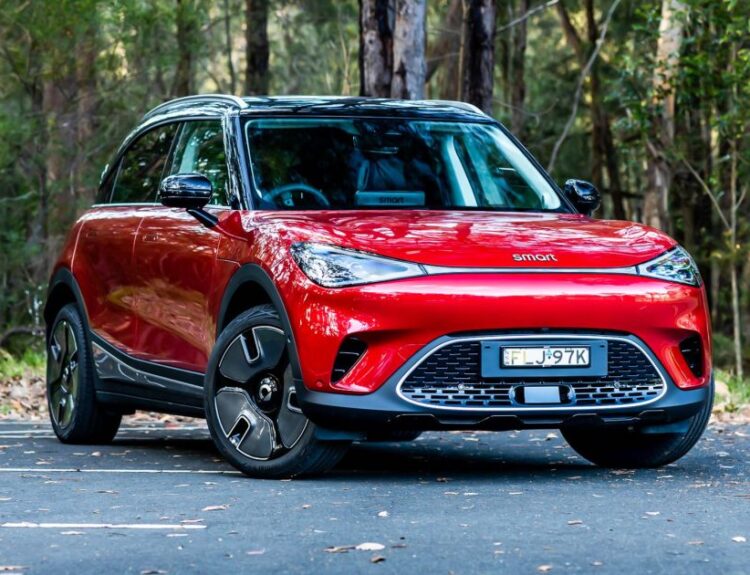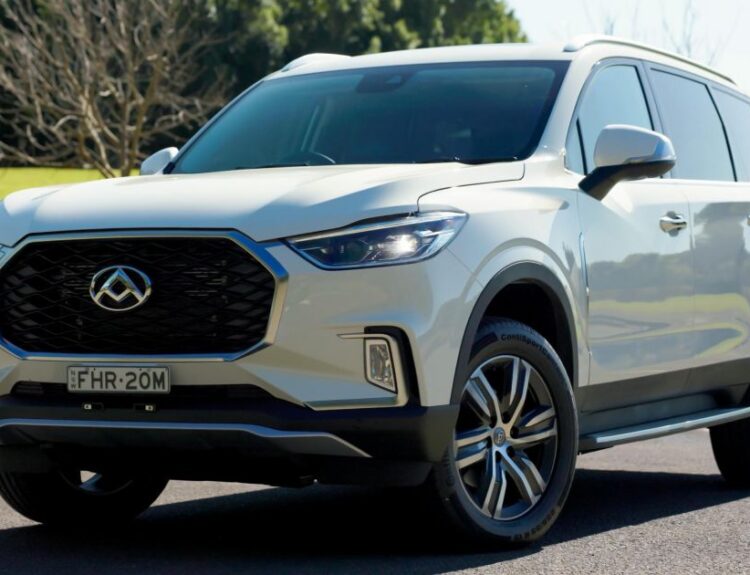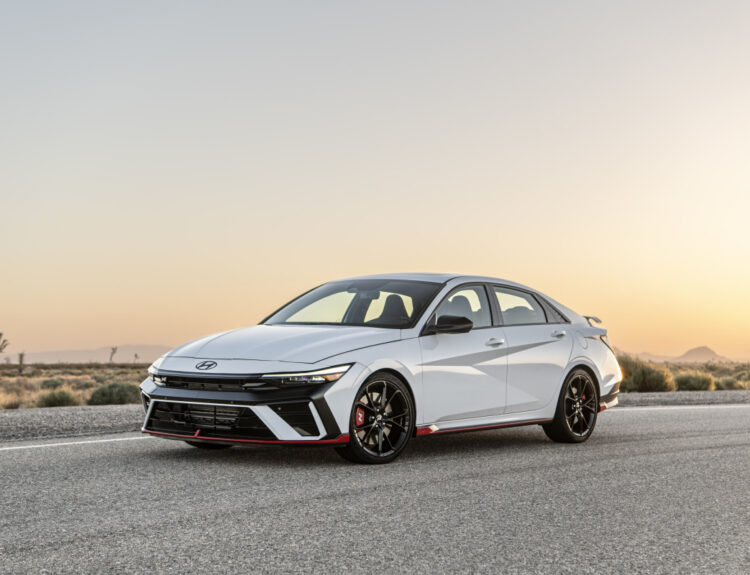
The United Kingdom’s ambitious drive towards electric vehicles (EVs) has encountered significant challenges as 2024 unfolded. Despite a record-breaking 31% of new car registrations being attributed to EVs in December, automakers failed to meet the government-mandated annual target of 22% EV sales.
This shortfall places manufacturers at risk of incurring penalties up to £15,000 (approximately $18,600) for each vehicle that does not comply with the requirements. In response, some companies are exploring a credits-trading system or are strategizing to exceed future quotas to ease potential fines. Although a surge in incentive spending bolstered EV sales toward the end of 2024, industry insiders caution that this model cannot sustainably propel long-term EV adoption.
Related: Chinese automakers navigate tariffs with agility
Challenges in Consumer Demand
As the UK government aims to eliminate internal combustion engine (ICE) vehicles by 2030, manufacturers express concerns that sales goals are outstripping actual consumer uptake. The current demand is largely driven by businesses and fleet purchases rather than individual consumers. Alarmingly, only 10% of private buyers opted for EVs in 2024, primarily due to apprehensions surrounding cost, charging availability, and range limitations.
Mike Hawes, CEO of the Society of Motor Manufacturers and Traders, highlighted the unsustainability of the discounts that buoyed December’s EV sales and foresees mounting pressures as the 2025 target escalates to a demanding 28%.
Related: BYD ends 2024 in close pursuit of Tesla
Economic Implications on the Horizon
The automotive sector’s difficulties in adhering to these targets extend beyond financial penalties; they are dramatically reshaping the manufacturing landscape. Stellantis, the parent company of Vauxhall, has recently announced the cessation of van production in Luton after 120 years, attributing this decision, in part, to stringent EV regulations. This pivotal move threatens 1,100 jobs and underscores the far-reaching economic consequences of the EV transition.
The Vauxhall facility is depicted on November 27, 2024, in Luton, England.
Carl Court/ Getty Images
Similarly, Ford has scaled back its workforce in the UK, with part of this reduction linked to slow EV sales. While the automotive industry struggles to meet the UK’s evolving EV quotas, the country did witness significant growth in EV adoption, ranking among the top European nations in this regard last year.
Related: Porsche adjusts its electric strategy—consumers still show a preference for gasoline vehicles
A Potential Shift in Policy?
The UK government is beginning to recognize the hardships faced by automakers and will engage in consultations to discuss potential modifications to the EV sales mandate. Transport Secretary Heidi Alexander stressed the need for clarity and support, indicating that there may be leeway with possible extensions for hybrid vehicle sales through 2035.
However, environmental advocates caution that easing the mandate could hinder the transition toward cleaner transportation. The Energy and Climate Intelligence Unit has projected that achieving future targets will necessitate an unprecedented surge in EV adoption rates, far exceeding what has been accomplished thus far.
Related: 2025 Toyota 4Runner manages to achieve better fuel efficiency—and yet also worse
Conclusion
As automakers grapple with the challenge of achieving stricter quotas and averting significant penalties, the UK finds itself at a critical juncture. The nation must deftly navigate the tension between ambitious climate initiatives and the realities of market dynamics to shape not only the future of its automotive industry but also the trajectory of its green transition. With consultations regarding potential policy adjustments set to conclude in February, manufacturers have limited time to influence the next phase of the UK’s EV framework.
Source:www.autoblog.com






